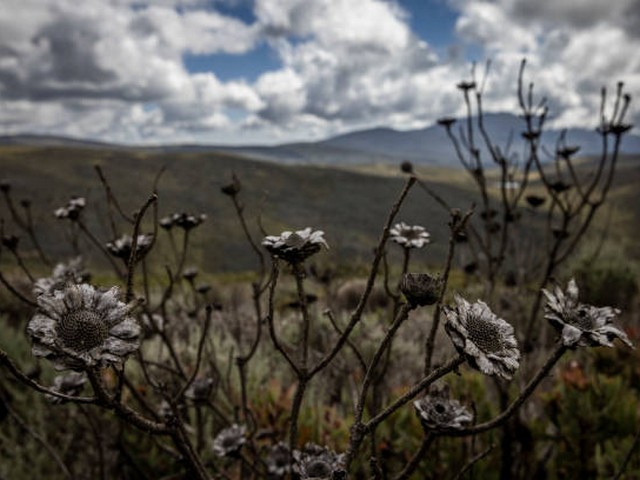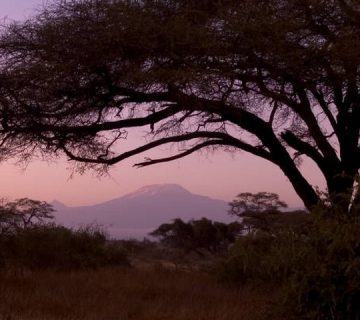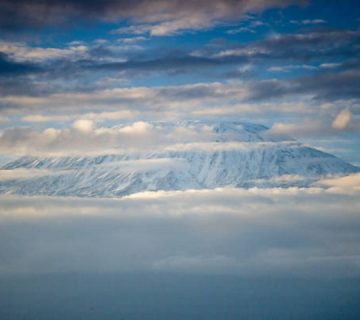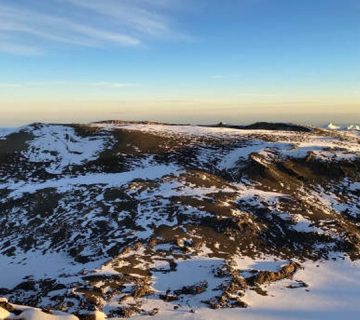Conquer Mount Kilimanjaro: Understanding the Best Altitude Sickness Medications
Standing majestically as Africa’s highest peak, Mount Kilimanjaro beckons adventurers from every corner of the globe. Its breathtaking landscapes and the promise of reaching the rooftop of Africa are truly inspiring. However, the ascent to such grand heights often comes with a challenge beyond the steep trails and cold winds—altitude sickness. At the Kilimanjaro Centre for Trekking and Ecotourism (KCTE), we understand that preparation is key to a successful summit. In this blog post, we’ll explore the best altitude sickness medications for Kilimanjaro, ensuring you are well-equipped to enjoy your climb safely and joyfully.
Altitude Sickness on Kilimanjaro: What You Need to Know
Altitude sickness, also known as Acute Mountain Sickness (AMS), can affect anyone ascending rapidly to high elevations. The reduced air pressure and lower oxygen levels at high altitudes can lead to symptoms such as headaches, nausea, dizziness, and fatigue. On Kilimanjaro, where climbers can reach heights of over 19,000 feet, understanding and managing these symptoms is crucial.
Choosing the Right Medication: Safety First
Acetazolamide (Diamox)
Acetazolamide, commonly known under the brand name Diamox, is a widely recommended prophylactic for preventing altitude sickness. It works by increasing the acidity of your blood, which stimulates your breathing, allowing you to take in more oxygen, particularly during sleep. It is generally advised to start taking Diamox 24 hours before beginning your ascent and to continue until you have descended to a safer altitude.
Ibuprofen
For trekkers looking to manage mild symptoms of altitude sickness, Ibuprofen can be effective. It helps reduce headaches and other minor pains associated with AMS. However, it is essential to remember that Ibuprofen does not treat the root cause of altitude sickness and should be used as a part of a broader management strategy.
Dexamethasone
This potent medication is typically reserved for treating severe altitude sickness and preventing cerebral edema. Dexamethasone can be a lifesaver in critical situations on high mountains like Kilimanjaro. However, due to its strong effects and potential side effects, it should only be used under the supervision of a qualified medical professional.
Nifedipine
For those at risk of High Altitude Pulmonary Edema (HAPE), Nifedipine can be prescribed. It works by lowering pulmonary artery pressure, reducing the symptoms of HAPE. Nifedipine should only be used under strict medical advice and monitored closely.
Natural Remedies and Preventative Measures
While medications are essential, they are most effective when combined with natural remedies and preventative measures. Here are some tips to naturally prevent altitude sickness:
- Gradual Acclimatization: Spend a few days at moderate altitude to allow your body to adjust before the climb.
- Hydration: Drink plenty of water to help acclimatization.
- Balanced Diet: Eat a diet rich in carbohydrates; this helps with altitude adaptation.
- Avoid Alcohol and Smoking: Both can exacerbate altitude sickness symptoms.
Frequently Asked Questions (FAQs)
What is the best way to prevent altitude sickness on Kilimanjaro?
The best way is through gradual acclimatization. At KCTE, we design our treks to allow optimal time for your body to adjust to the altitude.
Can I use natural remedies instead of medication?
While natural remedies and proper acclimatization can help, medications like Diamox are often recommended for their effectiveness in preventing severe altitude sickness.
When should I start taking altitude sickness medication?
It’s typically advised to start taking medication like Diamox 24 hours before beginning your ascent. However, consult with your physician for personal medical advice.
Are there any side effects of altitude sickness medications?
Yes, medications such as Diamox and Dexamethasone can have side effects. It’s important to discuss these with your healthcare provider and weigh the benefits against the risks.
Ready to Reach the Summit?
Embarking on a journey to climb Kilimanjaro is a thrilling adventure that should be enjoyed without the constant worry of altitude sickness. By understanding the best altitude sickness medications and combining them with proper climb planning, you can greatly enhance your chances of a successful and enjoyable ascent.
At the Kilimanjaro Centre for Trekking and Ecotourism (KCTE), we’re committed to making your dream of conquering Kilimanjaro a reality. Our expert guides, comprehensive climb support, and detailed attention to safety are all designed to ensure you have a memorable and safe trekking experience.
Don’t let the fear of altitude sickness hold you back. Book your Kilimanjaro climbing adventure with us today and step into the heart of one of the world’s most majestic mountains. Whether you’re a seasoned climber or a passionate beginner, KCTE is here to guide you every step of the way. Remember, the roof of Africa awaits—prepare, ascend, and achieve with KCTE!




